It was one of those magical, mesmerising sporting performances which nobody who witnessed it will ever forget.
And it came on the grand Olympic stage in 1976 when Scotland’s David Wilkie not only destroyed the rest of the field, including his great American rival John Hencken, in the 200m breastroke final in Montreal, but stormed home in a time of two minutes 15.11 seconds which broke the existing world record by more than three seconds.
Wilkie, whose parents were from Aberdeen and who has died of cancer at the age of 70, arrived in Canada as the two-time defending world champion and had not been beaten in the event during the previous four years.
But it’s one thing to be viewed as the favourite, another matter entirely to produce such a display with all the pressure heaped on his shoulders and particularly at a time when British competitors were suffering a miserable Games in the majority of events.
Nothing fazed Wilkie, though, who had ice in his veins once he was standing on the blocks and whose achievements during a remarkable period in the 1970s stamped him out as one of the greatest Scottish sports stars of his or any other generation.
Wilkie’s incredible swim, which made him the first British man to secure Olympic gold in the pool in 68 years, was subsequently described by his coach David Haller as “probably the greatest individual performance I have ever witnessed”.
And it made a huge impression on so many youngsters in his homeland, many of whom were allowed to stay up into the small hours to watch the dramatic scenes unfold.
David Wilkie showed us north-east people we ‘could meet and beat the best’
Gothenburg Great Neil Simpson was among them and the former Aberdeen FC player said: “I’ve never forgotten David storming to victory in the Olympic final in Montreal.
“It was one of those inspiring moments when I was growing up and it made a really positive impression on me because it showed everybody that north-east sportspeople could go out into the world and meet and beat the best.”
Wilkie, born on March 8, 1954, started his love affair with swimming in Colombo before moving to boarding school in Edinburgh after his family returned to Scotland.
He rapidly earned a place in his country’s elite training squad, where he shone as a charismatic character in and out of the pool.
Robbie Dawson, the Aberdeen swimmer who was part of the Scottish team during that time, recalled his compatriot as a compelling mixture of talent, temperament and technical expertise, who soon attracted the attention of America’s leading coaches.
David Wilkie trained youngsters at Bon Accord Baths
He said: “We could tell from early on that David had something special about him. He was so dedicated, so committed to pouring himself into intense training sessions.
“The Olympic victory didn’t really take us by surprise. He had won silver at the Games in Munich in 1972 and another two gold medals at the Commonwealth Games in 1974, but it was the scale of the victory in Canada which was so remarkable.
“He was streets ahead of everybody else when he got going, but was modest and down-to-earth with it. He was happy to train youngsters [including at Bon Accord Baths in Aberdeen] and he was quite shy when people made a fuss about him. A super guy.”
Wilkie seemed to have the world at his feet following his Olympic success, but surprised many in the sport by announcing his retirement only weeks later at the age of 22.
Yet he had other interests and realised it would be difficult to sustain the levels he had shown in the first half of the decade all the way through another Olympic cycle.
What else could he do?
As Dawson said: “It was hard to see where he was going to go after producing such a fantastic swim and he must have thought: ‘What else is there?’
“And he was an intelligent man, so there was plenty of other things for him to do.”
Towards the end of 1976, the swimmer released his autobiography, Wilkie, and travelled to Aberdeen for a book signing engagement, but not even he could rise above the impact of the regular strikes which plagued Britain throughout the decade.
The Press & Journal reported: “David was there, the bookworms and fans were there, and the staff of Watt and Grant’s bookshop were on hand to give assistance… but the stocks ordered were held up in London by the rail dispute at the beginning this week.
“But David signed all the copies available, then started signing cards which people who had ordered copies could later stick in their books. And he also posed for dozens of teenagers who wanted to take his picture and get his autograph.
“And then, he headed off to see his parents in [the city’s] Viewfield Road.”
He did whatever he could to promote the pursuit in which he excelled, appearing and presenting a safety film encouraging youngsters to learn to swim and, as he journeyed round the world, brought supplies with him to those who were less privileged.
As Dawson recalled: “I remember being in Czechoslovakia with him and he had dozens of swimming costumes/goggles and other items, which he had specially taken to distribute to those from countries for whom swimming equipment was hard to access.”
He drew big crowds to Dundee
In 1992, the Courier reported on how he cheered on swimmers from Dundee at the Northern College of Education campus in Gardyne Road, as they made a splash in the last Uncle Ben’s Swim for Britain event.
The paper said: “Participants, mainly children from schools and clubs in Dundee, took to the water to complete as many lengths as possible in 20 minutes to raise funds for the British Olympic Association.
“Mr Wilkie was also hotfooting it around stores in the city to draw the winning tickets in raffles staged to raise more money. And he drew crowds wherever he went.”
In the business world, Wilkie, along with his wife Helen and children Natasha and Adam, founded a healthcare company, Health Perception Ltd, which he sold for £7.8m in 2004. And he also launched a successful animal food firm, Pet’s Kitchen.
In short, whether breaking records in sport or bringing innovation to the boardroom, here was somebody who proved the virtue of pooling his talents and resources.
He had a real zest for life
As his son, Adam said: “My dad was a truly wonderful man, father and husband. He achieved so much in his life and those that knew him will never forget his love for life, kindness, and wonderful sense of humour.”
And the rest of us will forever cherish that monumental milestone in Montreal.
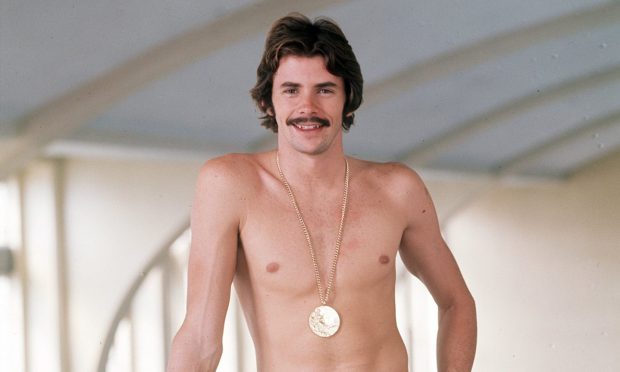
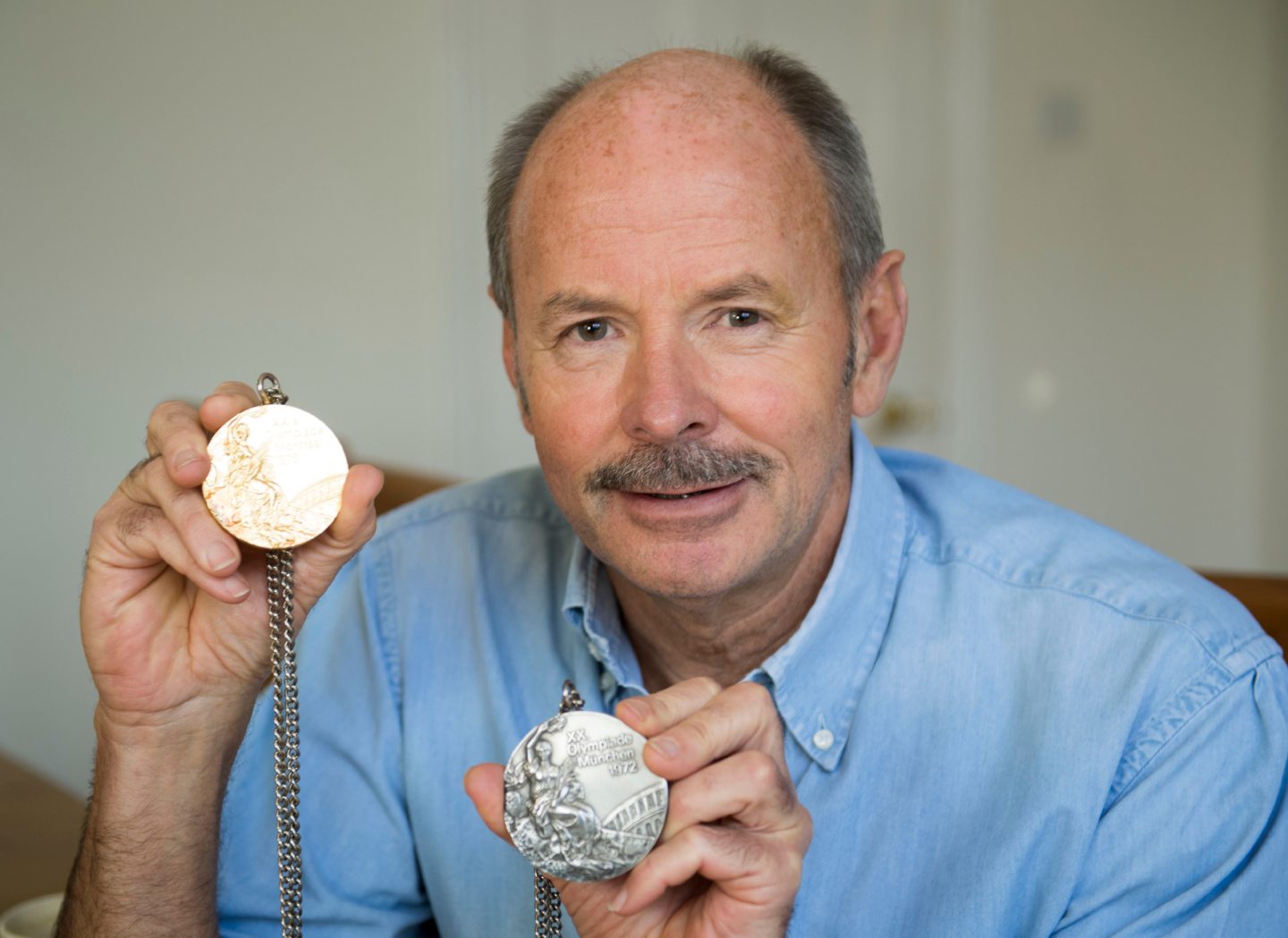
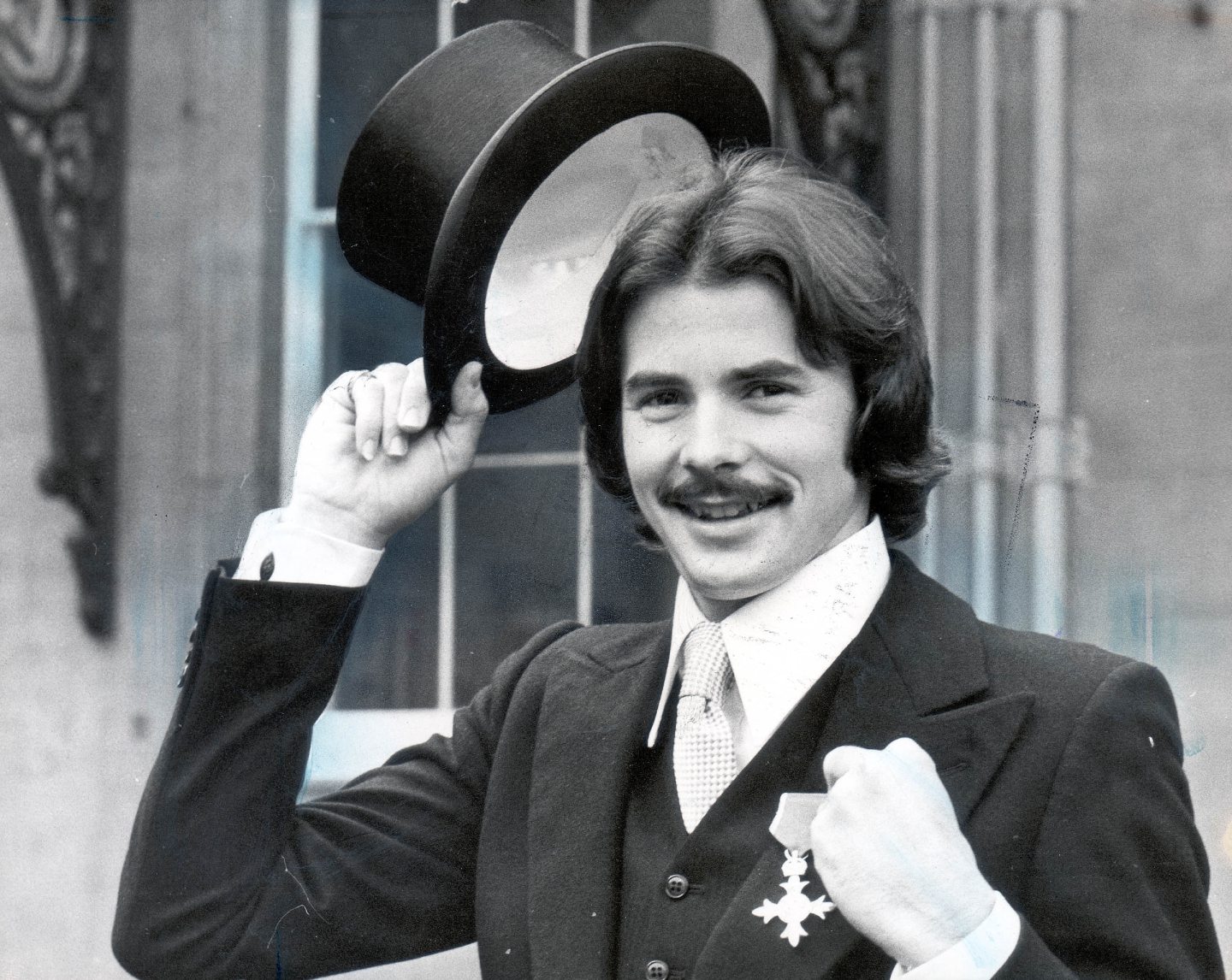
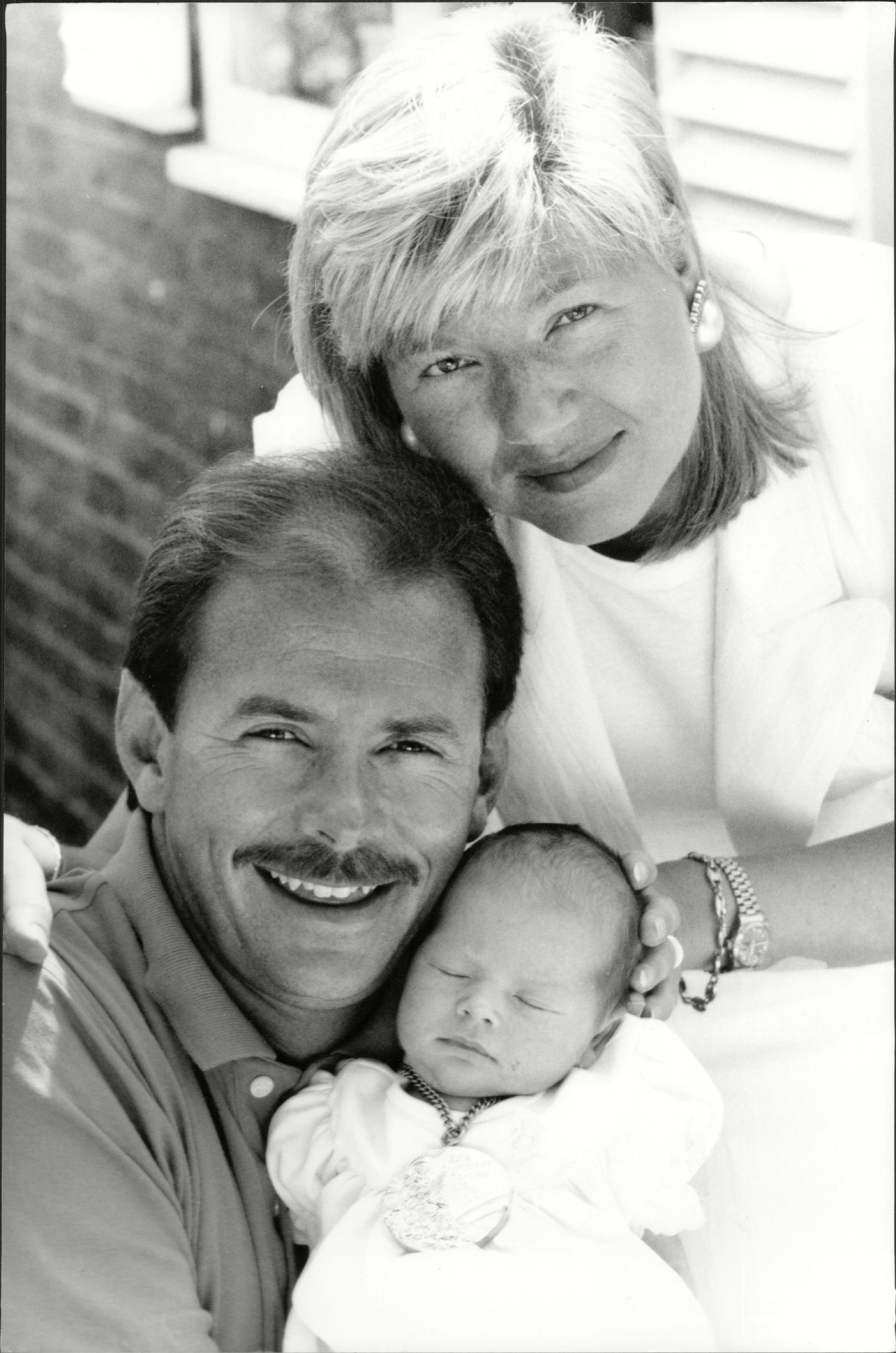
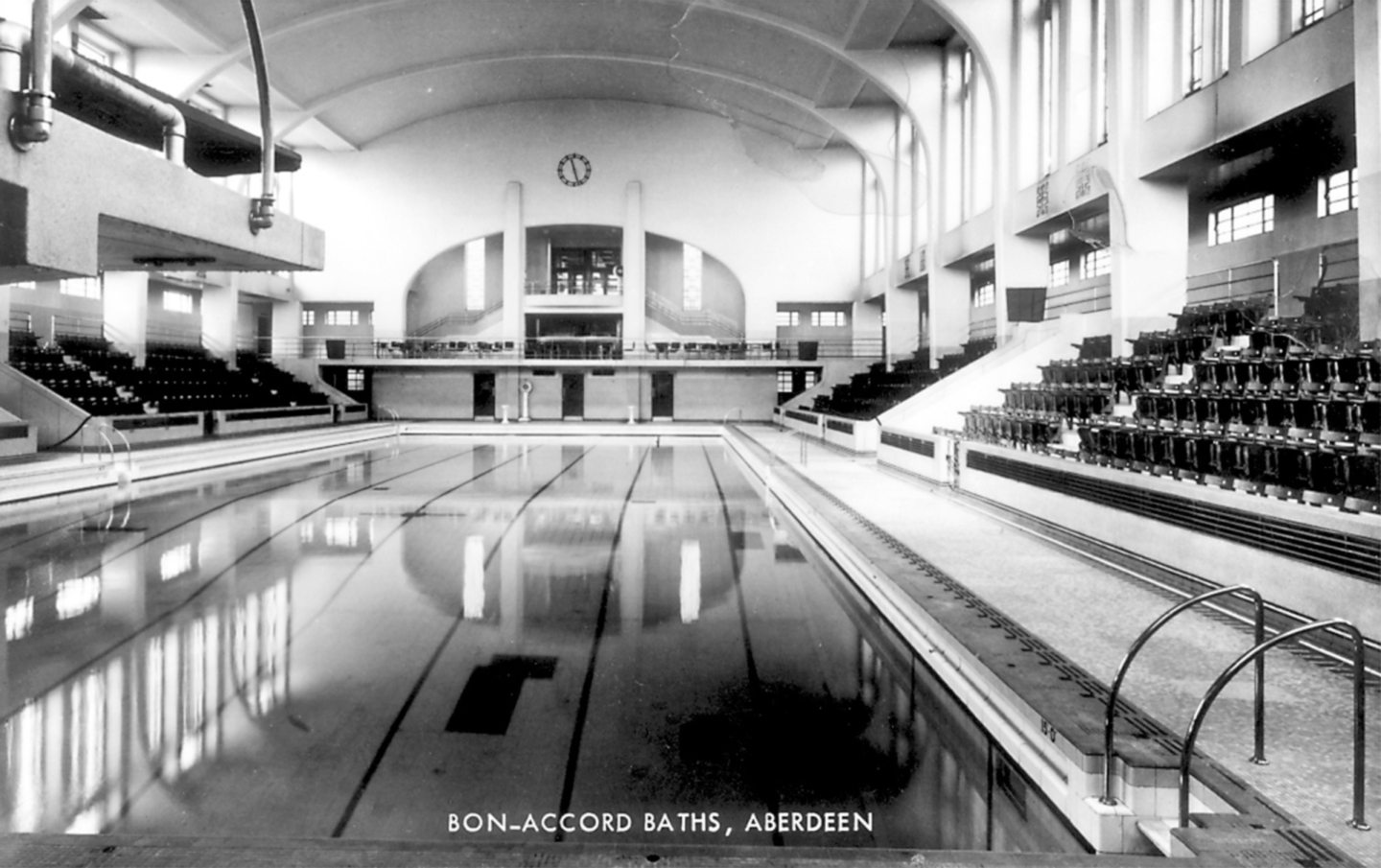
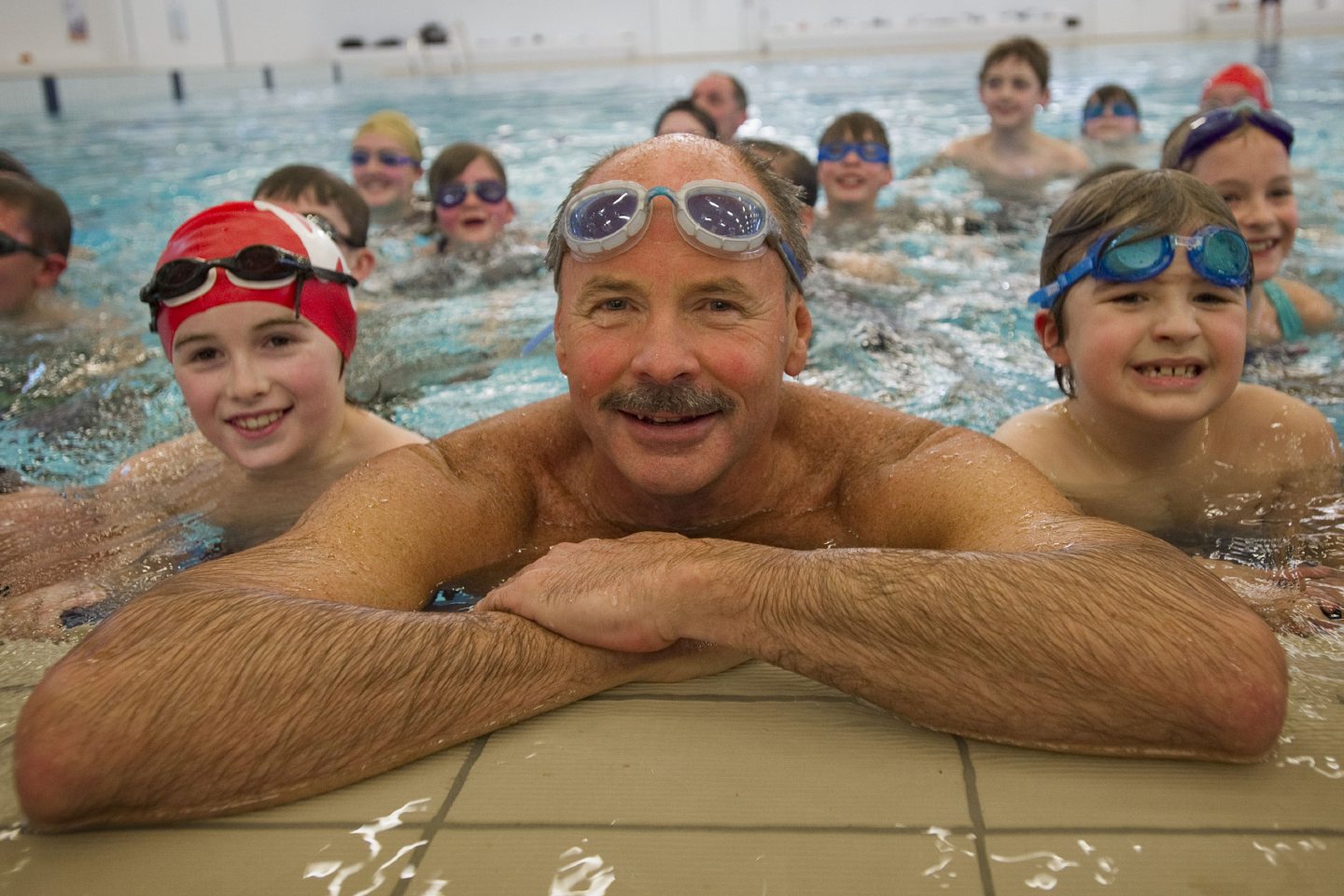
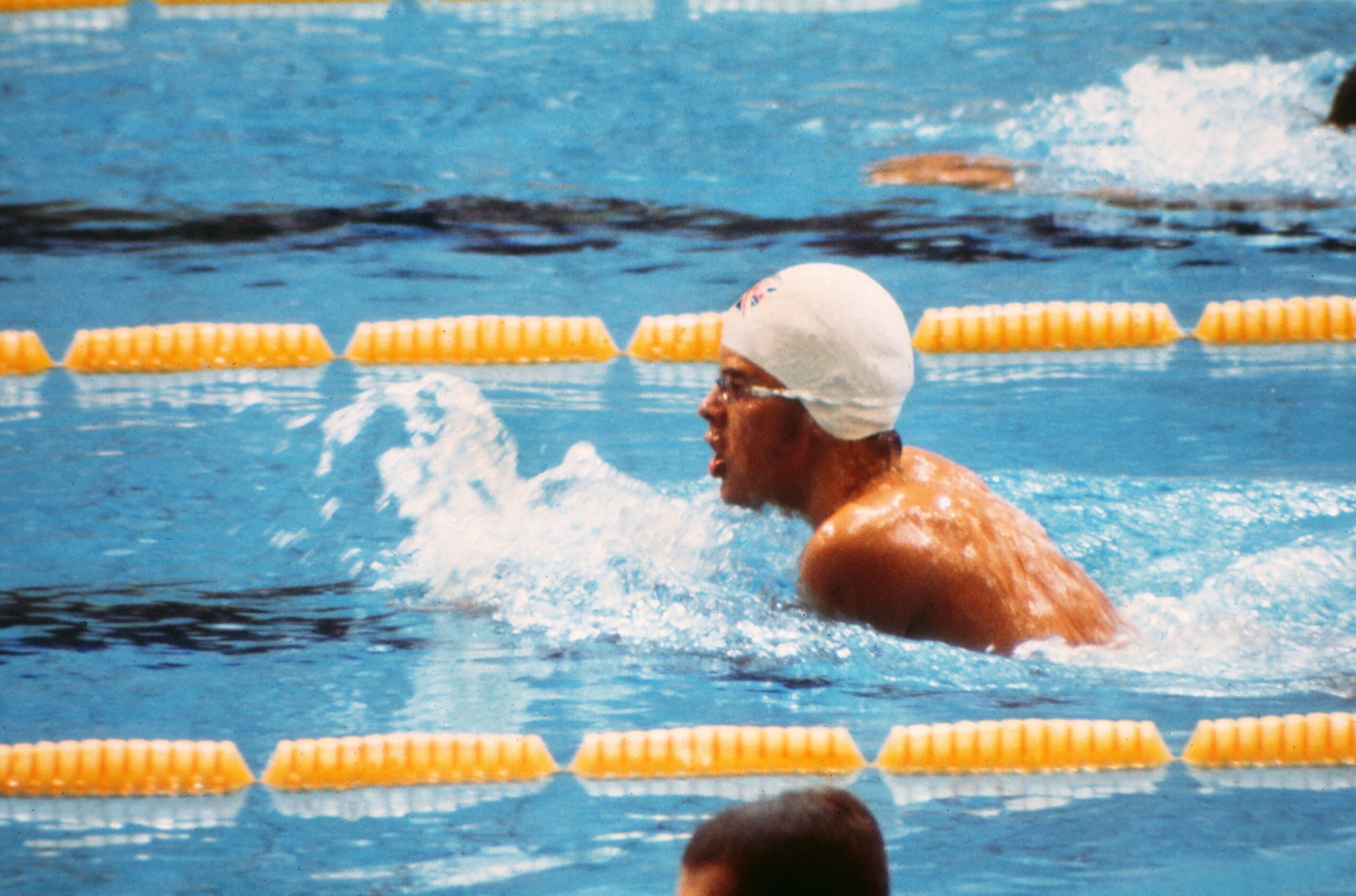
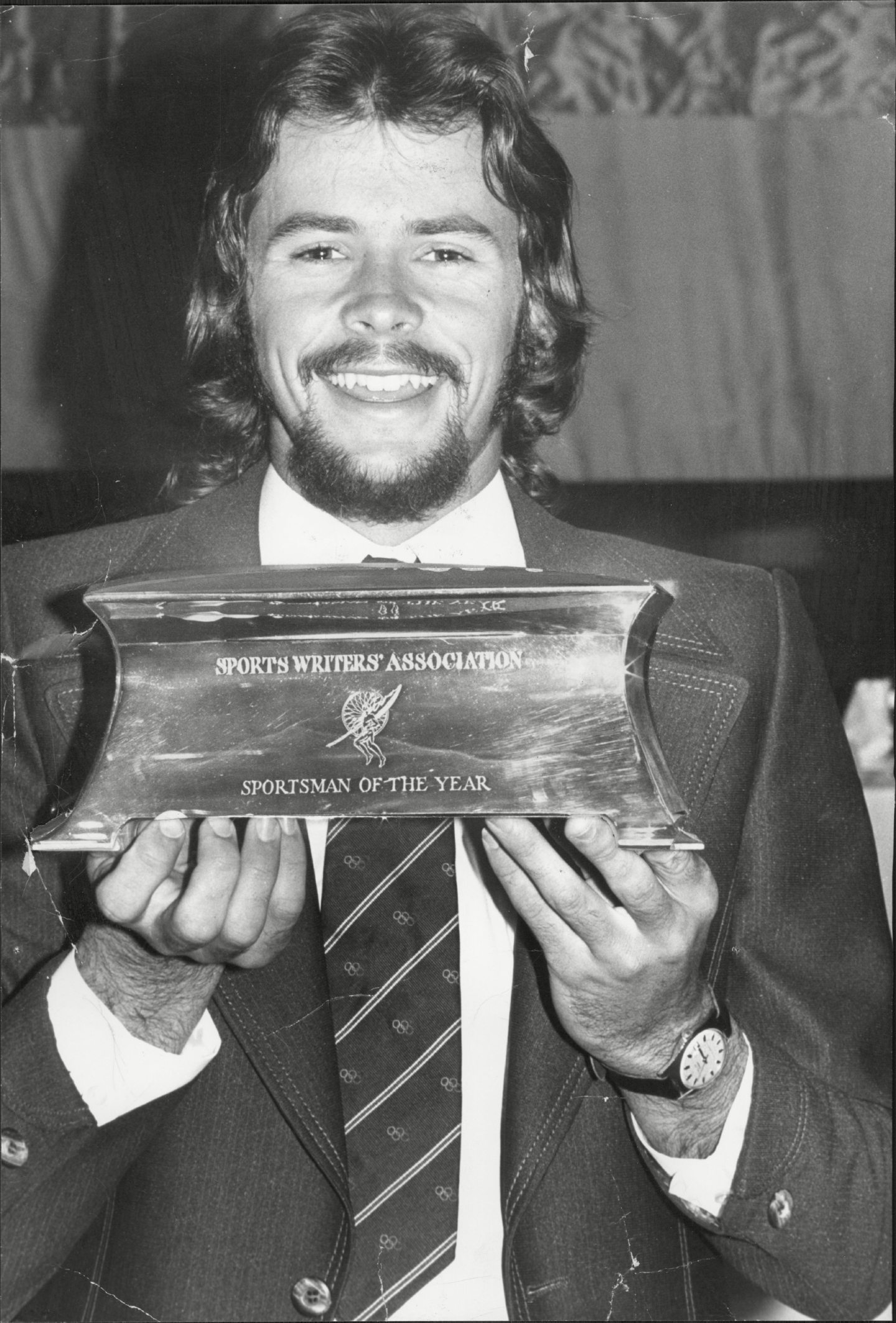
Conversation